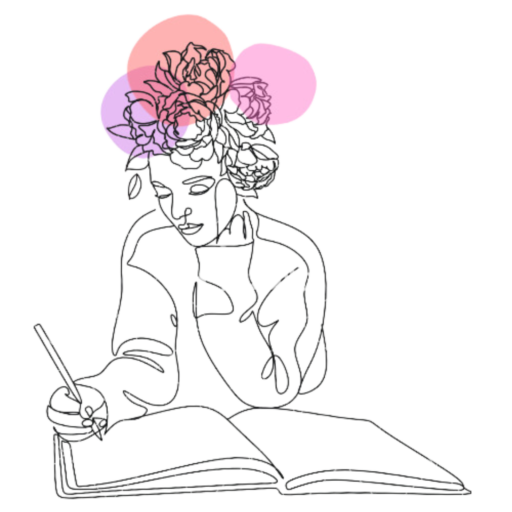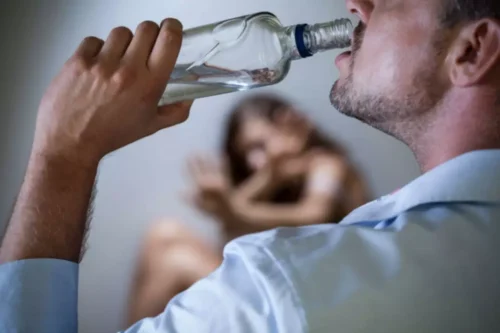
Addiction relapse triggers in drug and alcohol abuse recovery are quickly becoming a major concern for inpatient and outpatient treatment addicts. Substance abuse triggers are internal and external cues that cause a person in recovery to crave drugs and often relapse or lapse. One of the most valuable techniques for relapse prevention is to be able to identify your personal relapse triggers. Once you are able to identify them, you will be more able to create a detailed plan on how you intend to effectively manage them. There are some people who believe relapse is automatically part of the recovery process.
- If you’re interested in receiving support, you can schedule a free 15-min consultation here.
- Below are some of the most common relapse triggers and techniques to manage them, although this can vary from person to person.
- Support the creation of new tools for the entire mental health community.
- It is important to anticipate and avoid these incidents in order to maintain sobriety.
- Quite often, stress can be the root cause of relapse and should always be seen as a potential danger to your recovery.
- This could involve going to a bar or liquor store, contacting your dealer, or retrieving your old stash.
Reminiscing and over-glamorising drug use in your past
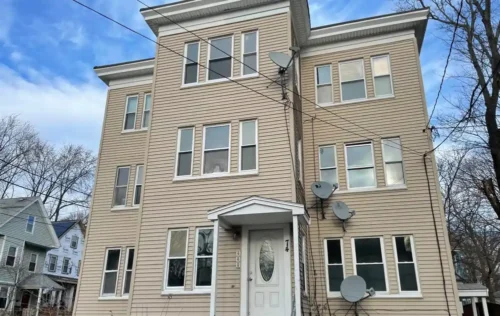
However, there are most likely people in your life who encouraged your substance abuse in the past, and relapse triggers list you have most likely tried to avoid them. Unfortunately, you may come across situations in which you run into these people. To steer clear of these relapse triggers, make an effort to stay close with people in your support system who encourage your recovery and well being.
Environmental Relapse Triggers
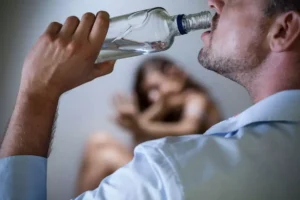
When doing this, think outside the obvious and ask your sponsor or counsellor for help so you’re not later caught off guard by an emotion, sight or smell. After some time in recovery, as life starts to even out, you may begin to feel like you no longer need to follow your relapse prevention plan. You might think you are strong in your recovery and put yourself in increasingly risky situations – while also no longer working a recovery programme.
- Once you’ve identified your triggers, develop strategies for avoiding them when possible.
- Whether you’re in the early stages of recovery or further along on your path, know that you’re not alone.
- The National Institute on Drug Abuse (NIDA) reports that 40 to 60 percent of people treated for substance use disorders relapse.
Identifying Common Emotional Triggers in Addiction Recovery
CBT effectively reduces the risk of relapse and is an integral component of the recovery process. As such, although your loved one may be in recovery, that doesn’t mean they don’t still wrestle with the same thoughts and feelings that fueled their addiction in the first place. While treatment can, and should, help them address these, addiction relapse triggers can be difficult to avoid, and the temptation to use can be equally challenging to resist. Understanding and managing external triggers is a crucial part of the recovery journey. It requires vigilance, resilience, and a commitment to ongoing self-improvement.

Do everything you can to protect yourself, but don’t beat https://ecosoberhouse.com/ yourself up if you do slip. Having a substitute behavior like going to a yoga class or taking a long bath also can be helpful when you’re feeling triggered. Reciting positive mantras or doing relaxation exercises may help you resist these urges as well. For additional support, work with your counselor or therapist on how to effectively deal with these reminders. When you’re reminded of your addiction, it’s important to have effective ways of handling your feelings. For instance, if you’re an alcoholic and a group of drinking buddies ask you to go out, or you see people from work going to happy hour, it might help to have a specific response ready.
#5th Coping Skill for Addiction – Build a Healthy Lifestyle

It’s like childproofing your environment, but for addiction triggers. External triggers are particular locations, activities, things, people, places, objects, situations, smells, tastes, images, and events that make the person want to drink alcohol or use drugs. A strong and supportive network of people can serve as an anchor in your recovery. Therefore, creating a community is an important part of living marijuana addiction your new sober lifestyle.
- Recognizing and addressing these common relapse triggers allows for proactive management, thus reducing the likelihood of reverting to substance use.
- When it comes to making changes to your life to remove triggers, be realistic.
- Many people’s recovery efforts have been torn apart by attending that ‘once a year’ Christmas party or other events of this nature.
- Walking or driving through places where they used to drink or consume drugs can spark a memory connected to drug or alcohol use.
- Surround yourself with a strong support system of friends, family, and sober acquaintances.
- Although someone in recovery knows that their addiction was harming themselves and those around them, it’s fairly common to view past substance abuse through rose-colored glasses.
While relapse is definitely a concern, we want to reassure you that relapse does not have to be part of your story. Awareness can bring so much personal empowerment as you journey through your recovery from addiction. Becoming aware of the following relapse triggers is your first step towards a long-term addiction recovery. Understanding personal relapse triggers is essential for lasting recovery. Research shows that those who identify and manage their specific triggers can reduce their relapse risk by up to 75%. This knowledge transforms recovery from a struggle against cravings into a strategic process of avoiding high-risk situations.
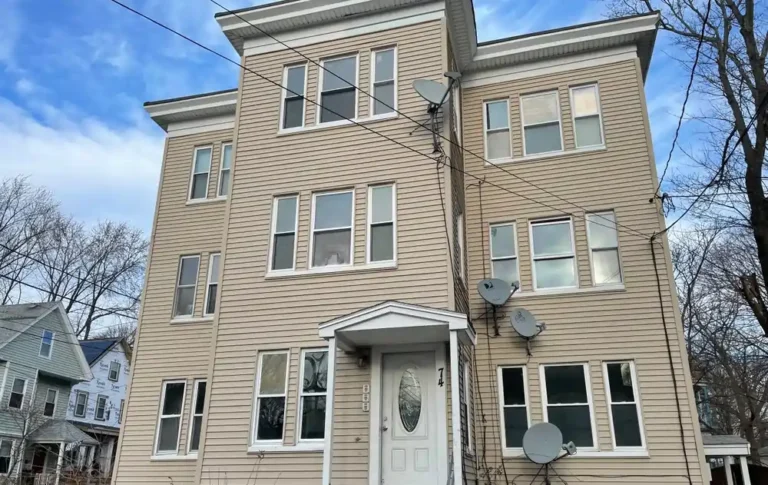
Individualized, evidence based treatment, to fit your needs.
Building a network of friends and family members who respect your journey can provide a sense of belonging and community. Additionally, participating in support groups offers the opportunity to connect with others who are facing similar challenges. Professional support from therapists or counselors who specialize in addiction can also offer personalized strategies for managing triggers and underlying emotional issues. Understanding common triggers in recovery and healthy coping mechanisms for them can provide a great foundation for a successful recovery from substance abuse. Dealing with mental relapse and understanding emotional relapse involves a constant internal battle between abstinence and temptation.
